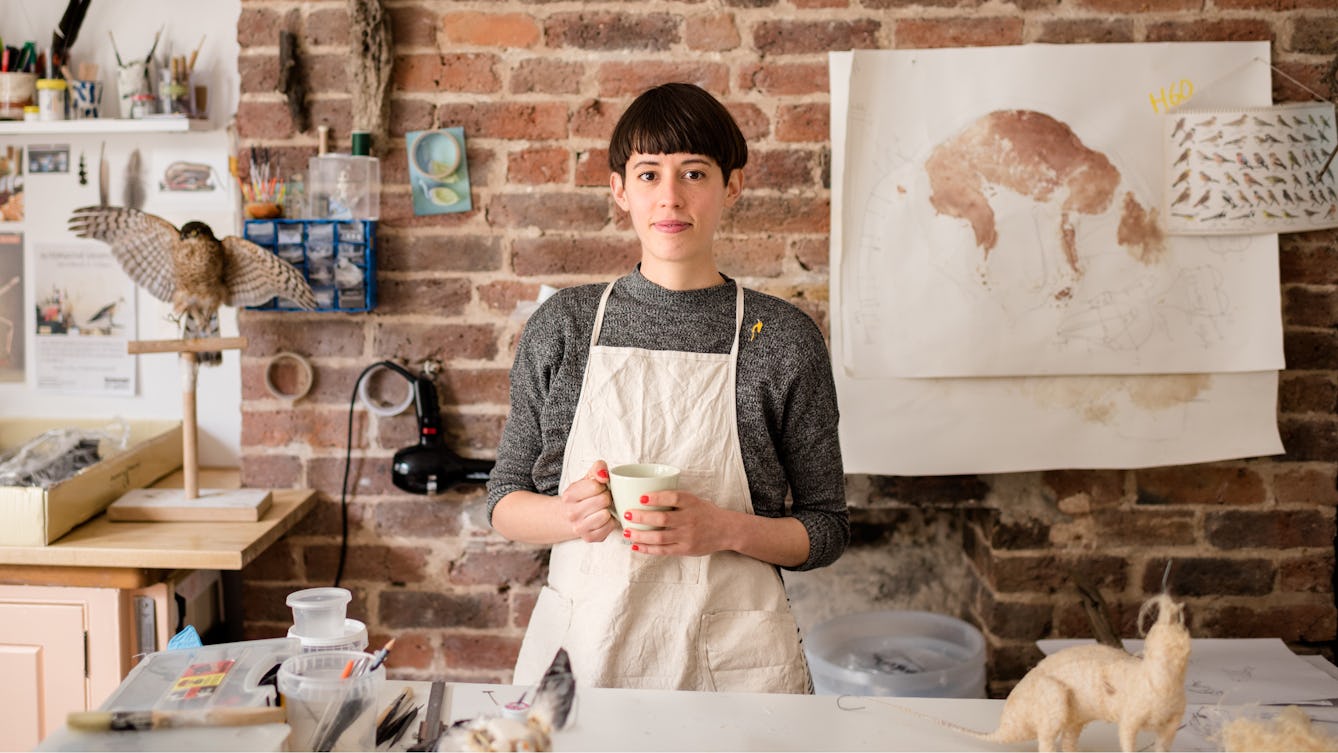
- Article
- Article
The intimate and invasive art of ethical taxidermy
Does displaying dead animals bring us closer to nature, or drive us further apart?

- Long read
- Long read
Rehab centres and the ‘cure’ for addiction
Guy Stagg takes us on a brief history of rehab centres and their approaches to addiction and recovery.

- Article
- Article
Lost in the mall and other false memories
How can you remember an event that never took place? Find out how manipulation, misinformation and coercion can plant false memories in your mind.

- Article
- Article
Believe yourself better
There’s more to recovery than medication. In future, our unconscious minds could be recruited to put a positive spin on our health problems, helping us feel better faster.

- Article
- Article
Is fake news killing fictive art?
Parafictional artists create projects where the imaginary interacts with real life. But the growth of so-called ‘fake news’ is providing a new challenge.

- Article
- Article
Rose Mackenberg’s deceptive activism
Discover how a New York private investigator became part of Houdini’s mission to expose the fraudulent mediums making money from their vulnerable, grieving clients.

- Article
- Article
Manipulating the evidence with deepfake technology
How can you be sure that the person speaking on the screen is genuine? Find out how sophisticated digital manipulation is blurring the boundaries between real and ‘deepfake’.

- Article
- Article
The painter, the psychiatrist and a fashion for hysteria
A dramatic painting brings a famous event in medical history alive. But it also tells a tale about the health preoccupations of the time.
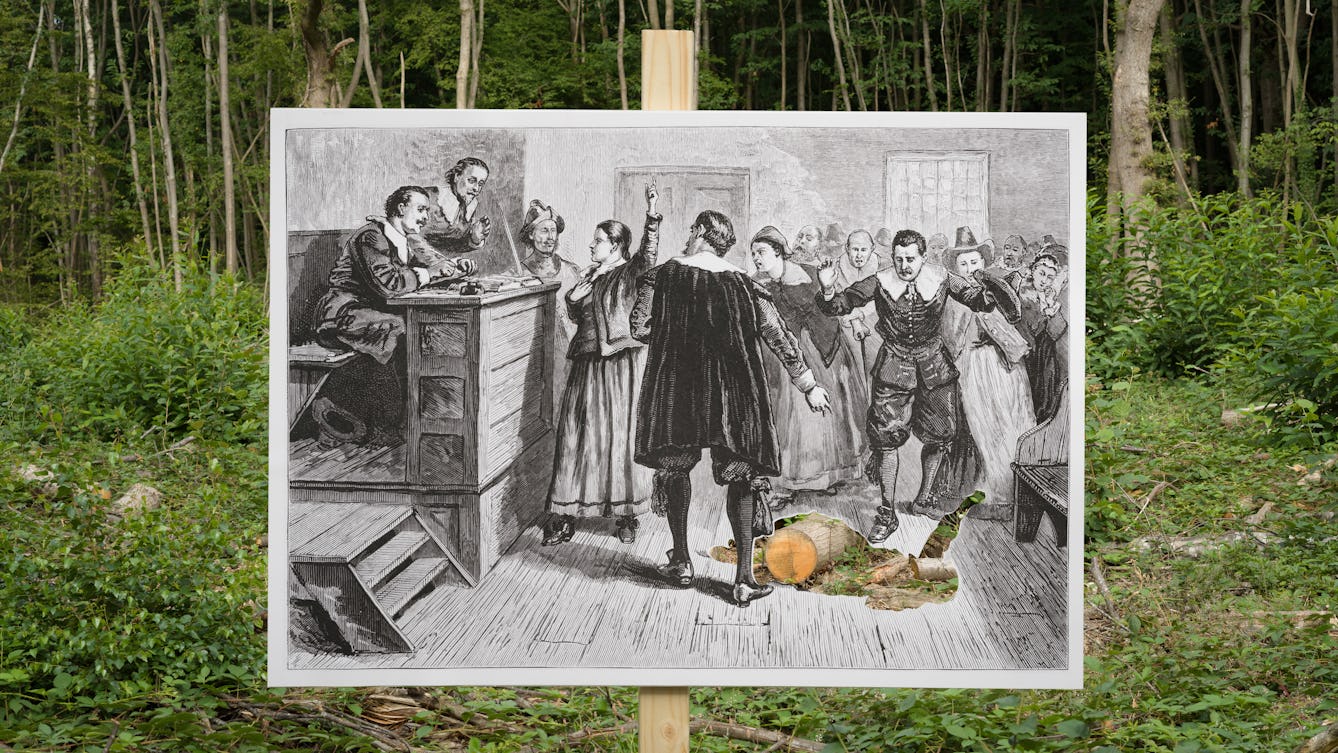
- Article
- Article
How nature is defending itself in court
The idea that nature has legal rights is increasingly being taken seriously, but who gets to speak for it? Isabella Kaminski asks how the non-human can be represented within a human-made system.
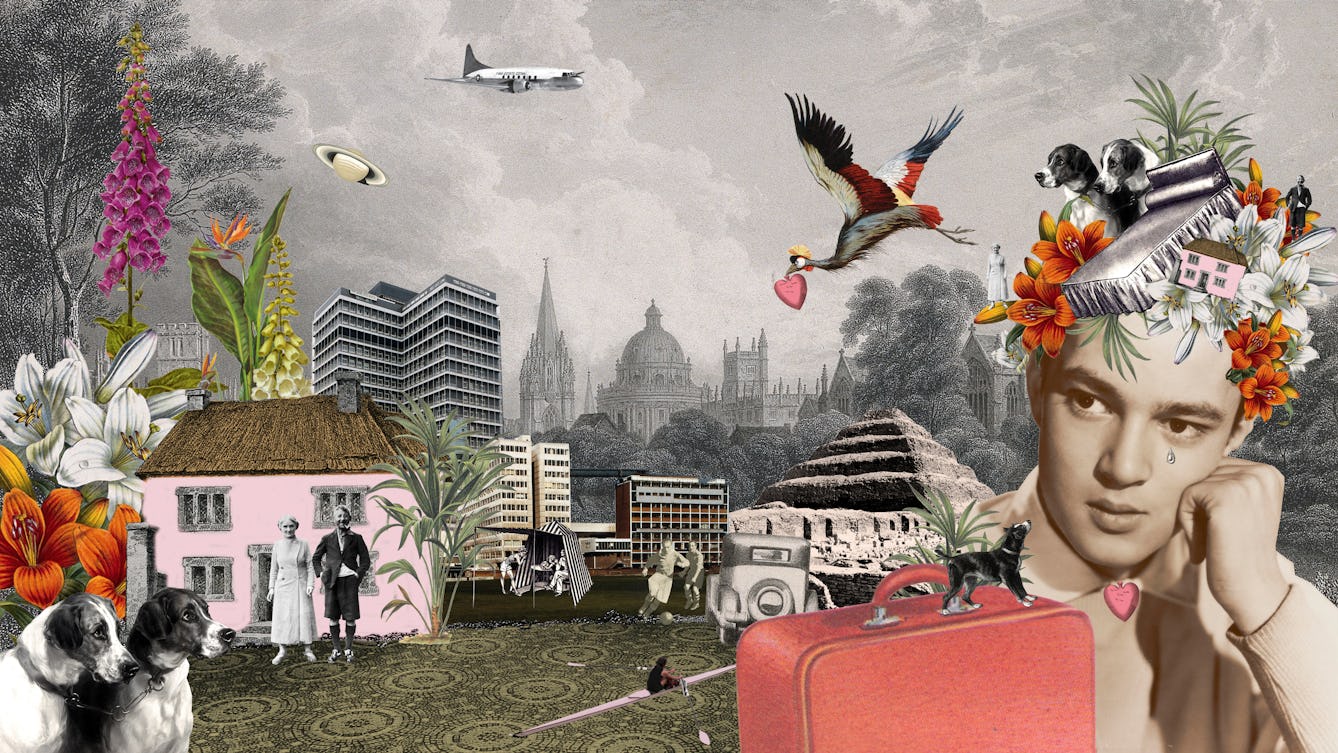
- Article
- Article
The complex longing for home
It could be mild, an almost poetic longing. Or it could be visceral, deep, an overwhelming feeling that eats into your everyday life. Come with Gail Tolley as she introduces a deep dive into homesickness.
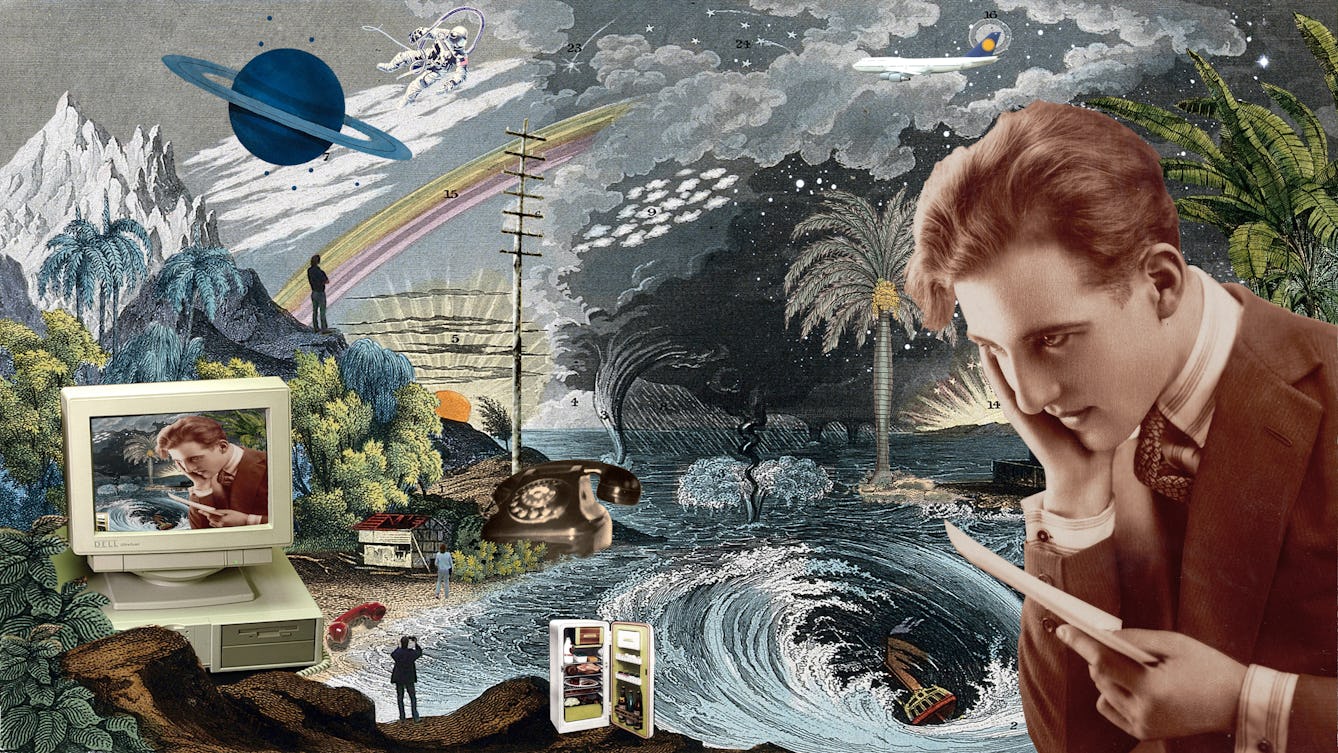
- Article
- Article
Finding a cure for homesickness
While technology can mitigate some aspects of homesickness, other components of home are harder to replicate. Find out how 21st-century studies are helping homesickness sufferers find silver linings in their new situation.

- Article
- Article
An animated almanac for the modern world
Discover why Thomas Coleman wanted to make a medieval folding almanac relevant to the modern world and see the film for yourself.

- Article
- Article
Drug sharing in desperate times
When Nicole was threatened with deportation, her mental health deteriorated. Now without a job, a passport or a doctor, she depends on others to send her their leftover anxiety drugs.

- Article
- Article
Going viral in the online anti-vaccine wars
‘Anti-vaxxers’ are taking their message online using powerful images as well as words. But is the pro campaigners’ response any better?

- Article
- Article
Dementia playlists and musical memory
Listening to the right music can provide both solace and pleasure for someone with dementia, helping them to reconnect with the world around them. Grace Meadows makes the case for more music in dementia care.
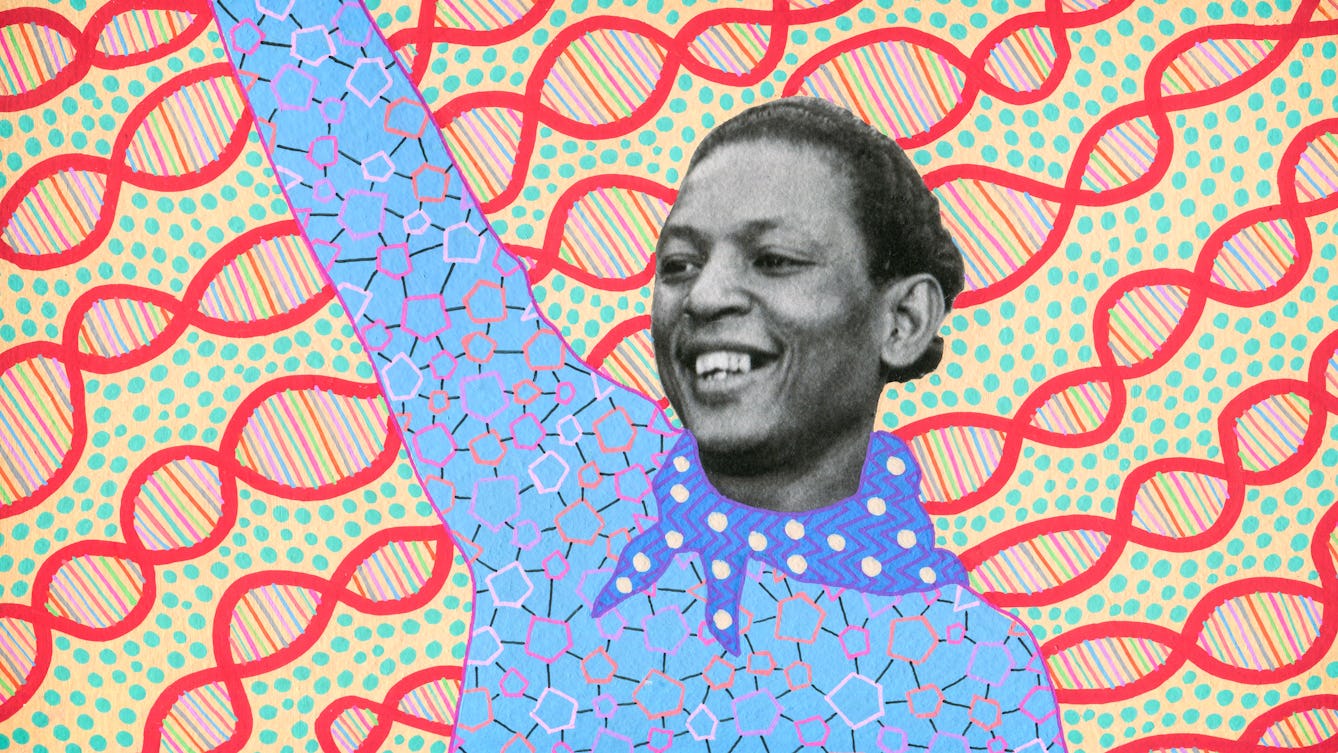
- Article
- Article
Ancestry, privacy and the family tree
Wanting to find out more about her Jamaican grandfather, Tanya Perdikou contemplates DNA testing. But first she has to consider the potential impact of unexpected results.

- Article
- Article
Dress and the magic of touch
Fashion, of course, is largely about appearance, but the feeling of clothes on your skin is a complex sensory experience. Shahidha Bari contemplates the human connections in the business of creating and wearing clothes.

- Article
- Article
Pain, politics and the power of photography
Art historian Giulia Smith explains what she most admires in the work of Jo Spence and Oreet Ashery, and how their approach makes illness political.
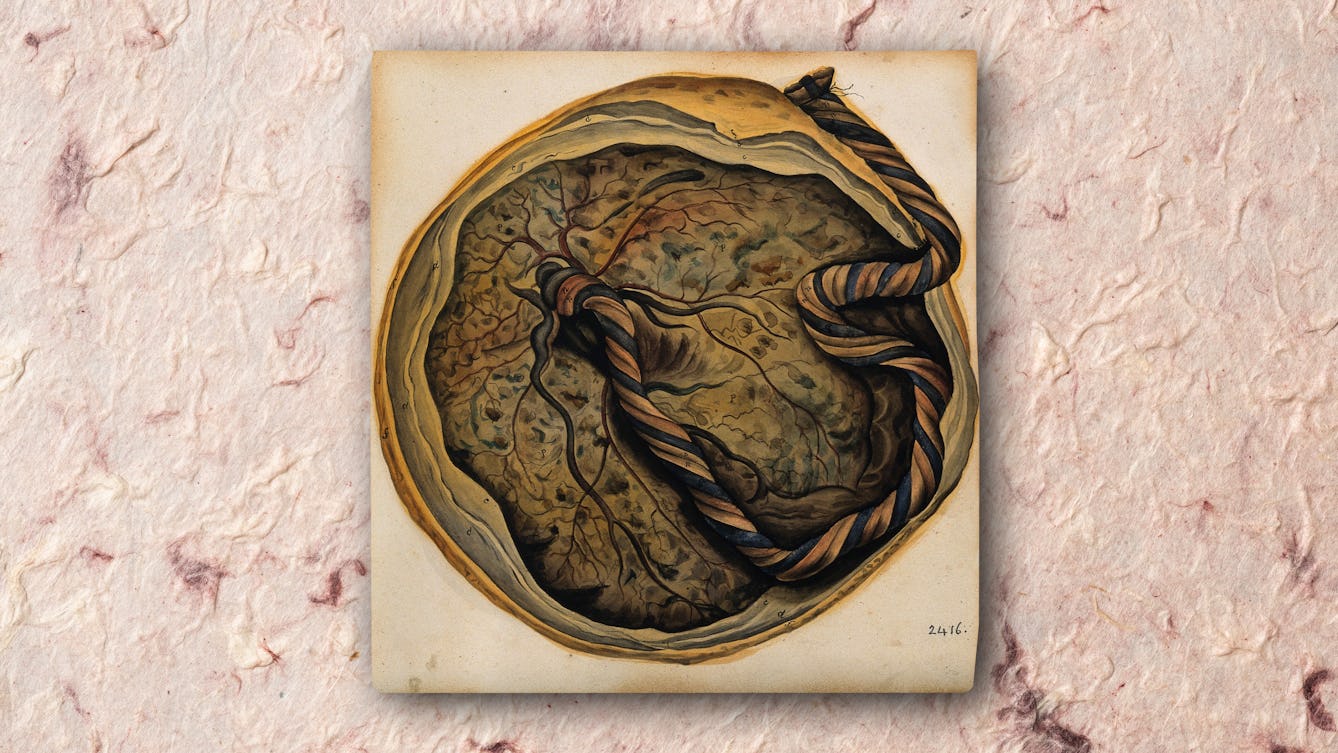
- Article
- Article
Womb milk and the puzzle of the placenta
A human baby needs milk to survive – and this holds true even before it’s born. Joanna Wolfarth explores “womb milk”, as well as ancient and modern ideas about the placenta.

- Article
- Article
This is what changed my approach to interior design
An interior designer examines how emotions and cognitive activity influenced her designs, and argues that spaces reflect the people within.
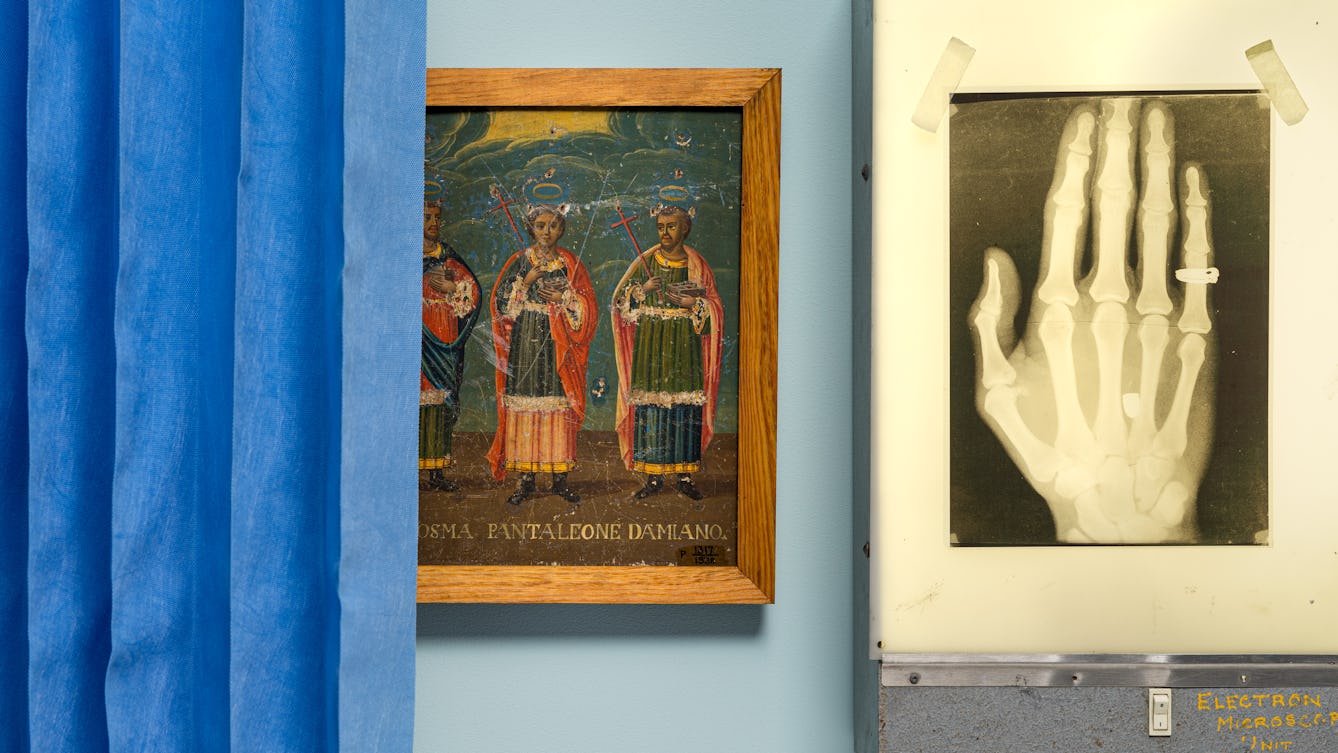
- Article
- Article
The ancient doctors who refused payment
The NHS might only be 70 years old, but the idea of free healthcare goes back to Ancient Greece, when devout doctors provided their services without charge.
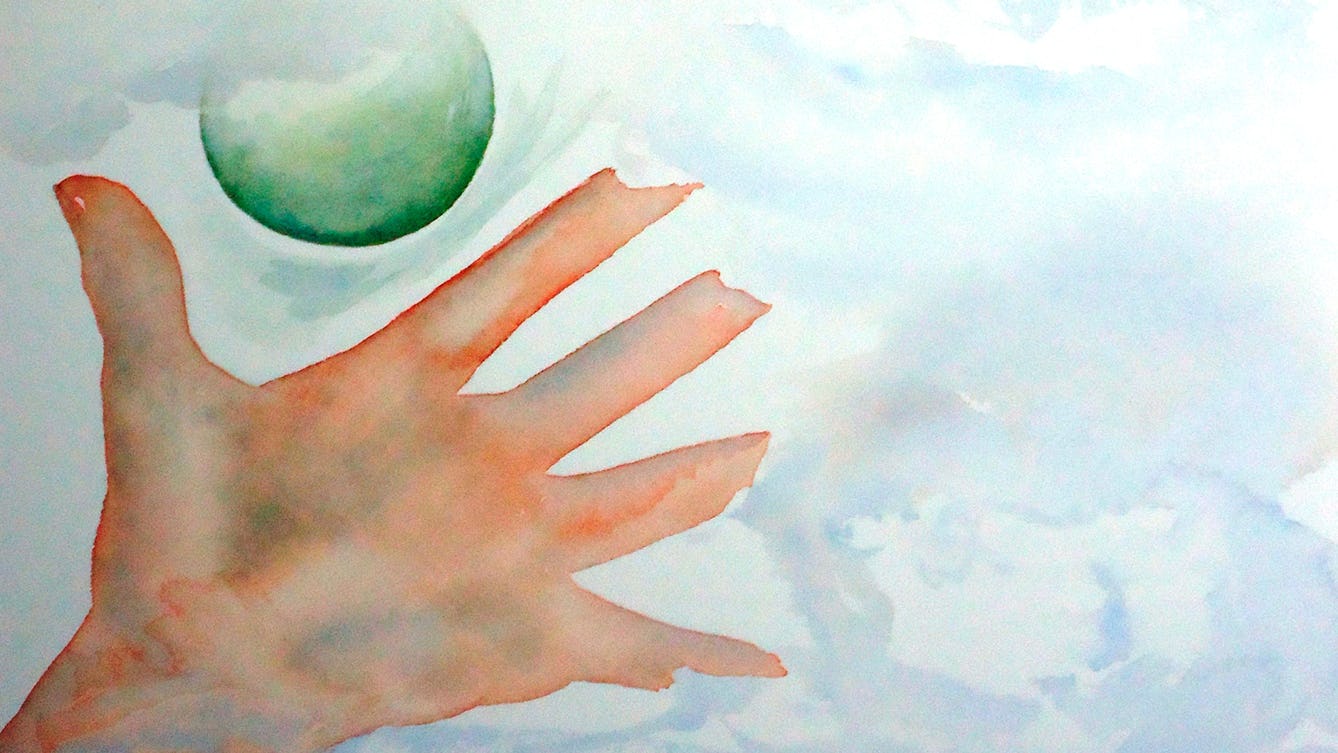
- Book extract
- Book extract
“I’ve never talked to anybody about this before”
Douglas is furious. He’s at crisis point and needs help. Read the first of his two sessions with psychoanalyst Susie Orbach.
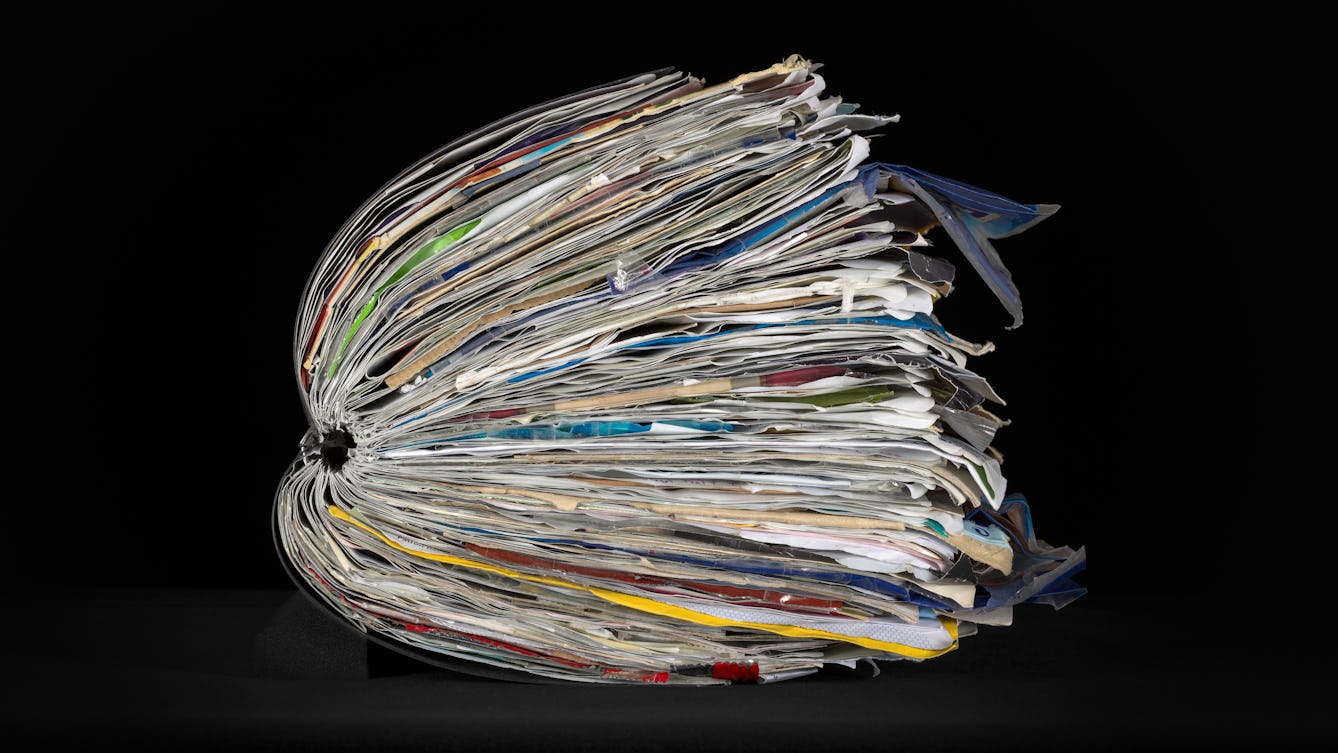
- Article
- Article
Who was Audrey Amiss?
Elena Carter introduces the vast collection left behind by artist Audrey Amiss, who documented her life in astonishing detail.
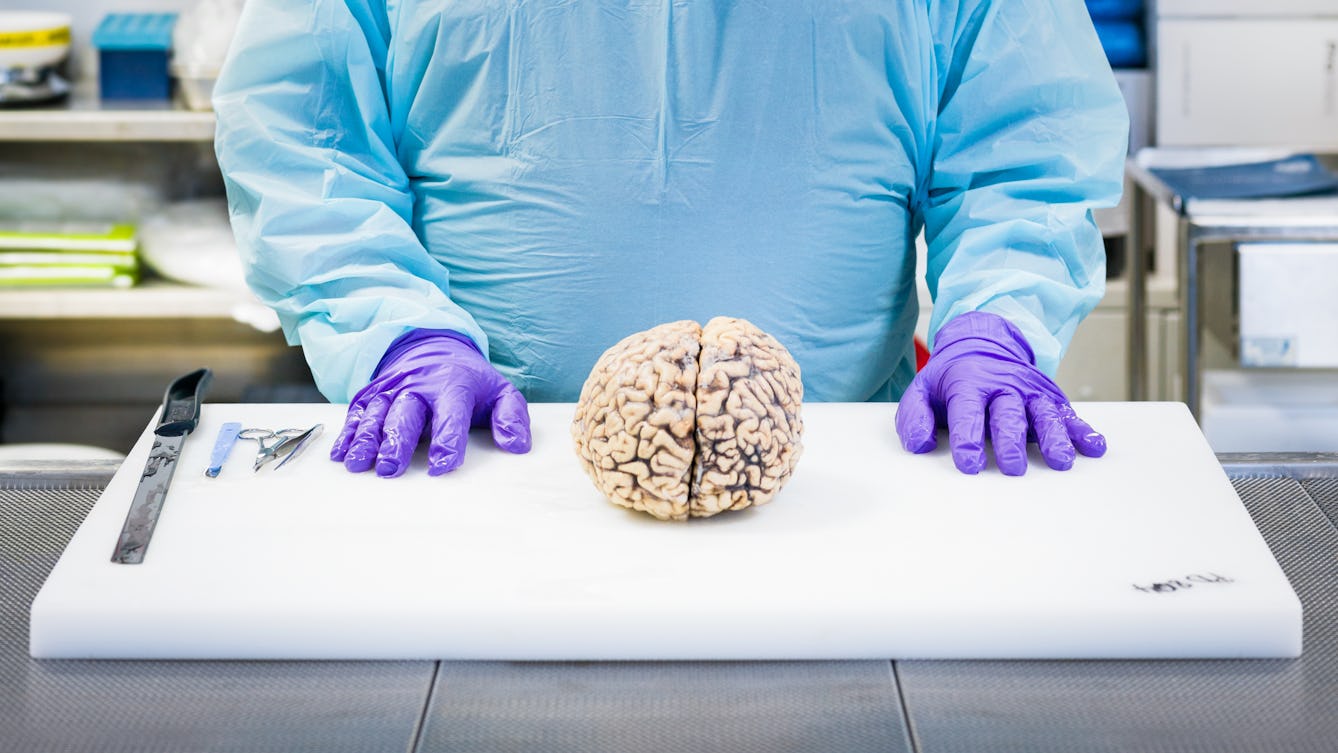
- Article
- Article
The anatomy of a brain dissection
Dissecting the brain after death not only helps confirm a diagnosis, but it can also teach us so much more about the symptoms and causes of brain diseases and how to treat them.

- Article
- Article
Why gene editing can never eliminate disability
In a world where DNA testing and gene editing offer ways to eliminate certain disabilities, Jaipreet Virdi explores a more accepting and inclusive approach.